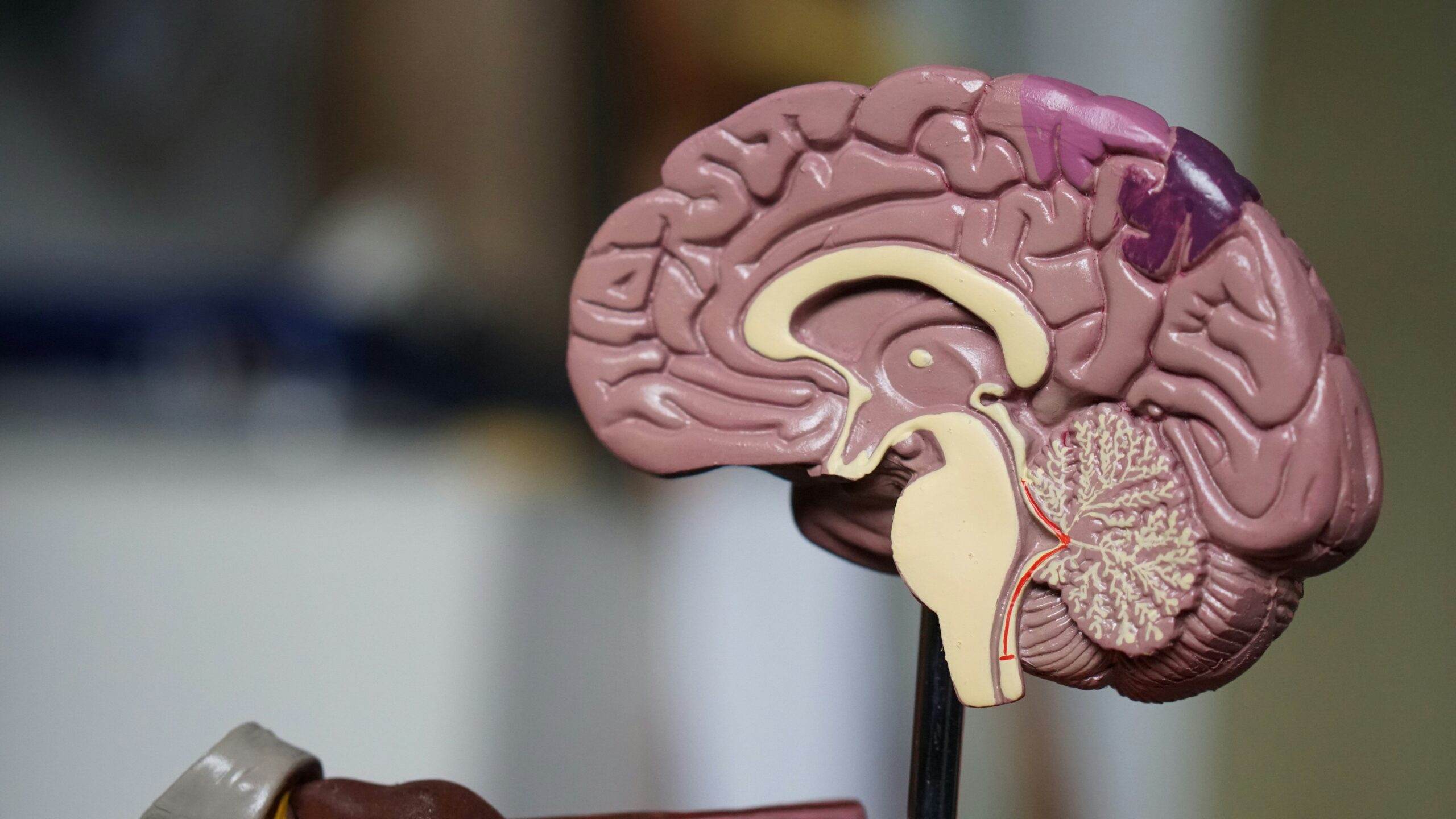Health
Research Shows Pandemic May Have Accelerated Brain Aging

Recent research published in Nature Communications indicates that the COVID-19 pandemic may have accelerated brain aging in the general population, regardless of whether individuals contracted the virus. The study, which analyzed brain scans from nearly 1,000 healthy participants involved in the UK Biobank, found that the pandemic’s impact appeared to age brains by an average of 5.5 months.
The research team utilized data from over 15,000 brain scans and employed advanced machine learning techniques to predict the brain age of the study participants. By comparing pre-pandemic and post-pandemic scans while controlling for variables such as gender, age, and health status, they identified significant changes in brain aging rates.
Dr. Ali-Reza Mohammadi-Nejad, the study’s lead author, expressed surprise at the results, noting that even individuals who had not contracted COVID-19 exhibited marked increases in brain aging. “It really shows how much the experience of the pandemic itself, everything from isolation to uncertainty, may have affected our brain health,” he stated.
Implications of the Findings
Although the study did not explicitly determine the reasons behind the accelerated brain aging, the researchers suggested that factors such as reduced social interactions and physical activity during lockdowns could be contributing elements. Additionally, increased alcohol consumption may have played a role, particularly among those already facing socioeconomic disadvantages.
Dr. Dorothee Auer, a Professor of Neuroimaging and senior author of the study, emphasized the broader implications of these findings, stating, “This study reminds us that brain health is shaped not only by illness, but by our everyday environment.” She further highlighted that the pandemic exerted significant strain on people’s lives, particularly for vulnerable populations.
The research raises questions about whether these changes in brain aging can be reversed over time. While the study did not offer conclusive answers, Dr. Auer noted the possibility of recovery, which presents an encouraging thought for many.
As the global community continues to navigate the aftermath of the pandemic, understanding its effects on mental and cognitive health remains crucial. This research serves as a reminder of the pandemic’s pervasive impact, influencing not just physical health but also cognitive well-being for individuals worldwide.
-

 Health3 months ago
Health3 months agoNeurologist Warns Excessive Use of Supplements Can Harm Brain
-

 Health3 months ago
Health3 months agoFiona Phillips’ Husband Shares Heartfelt Update on Her Alzheimer’s Journey
-

 Science1 month ago
Science1 month agoBrian Cox Addresses Claims of Alien Probe in 3I/ATLAS Discovery
-

 Science1 month ago
Science1 month agoNASA Investigates Unusual Comet 3I/ATLAS; New Findings Emerge
-

 Science4 weeks ago
Science4 weeks agoScientists Examine 3I/ATLAS: Alien Artifact or Cosmic Oddity?
-

 Entertainment4 months ago
Entertainment4 months agoKerry Katona Discusses Future Baby Plans and Brian McFadden’s Wedding
-

 Science4 weeks ago
Science4 weeks agoNASA Investigates Speedy Object 3I/ATLAS, Sparking Speculation
-

 Entertainment4 months ago
Entertainment4 months agoEmmerdale Faces Tension as Dylan and April’s Lives Hang in the Balance
-

 World3 months ago
World3 months agoCole Palmer’s Cryptic Message to Kobbie Mainoo Following Loan Talks
-

 Science4 weeks ago
Science4 weeks agoNASA Scientists Explore Origins of 3I/ATLAS, a Fast-Moving Visitor
-

 Entertainment4 months ago
Entertainment4 months agoLove Island Star Toni Laite’s Mother Expresses Disappointment Over Coupling Decision
-

 Entertainment3 months ago
Entertainment3 months agoMajor Cast Changes at Coronation Street: Exits and Returns in 2025









